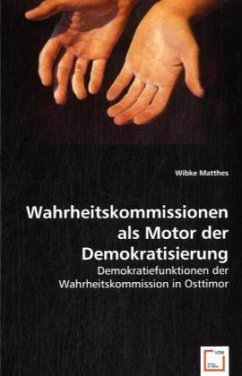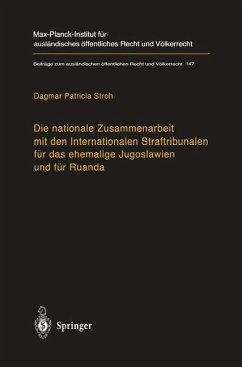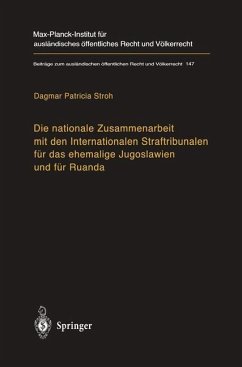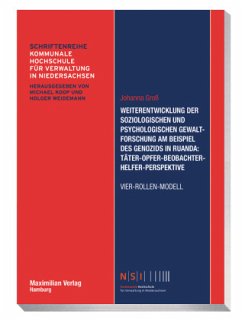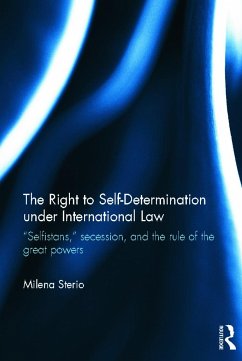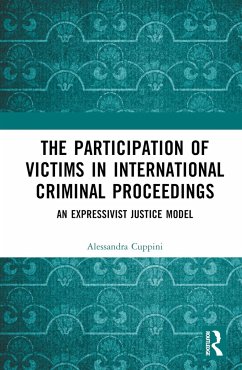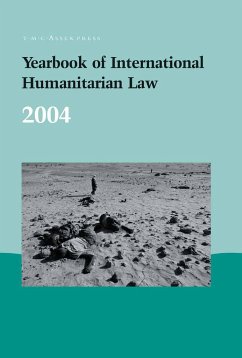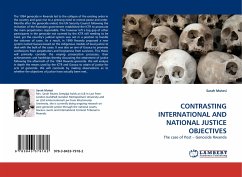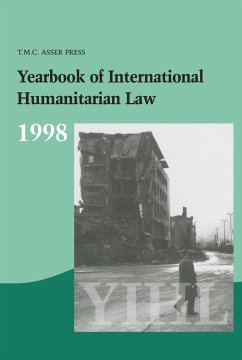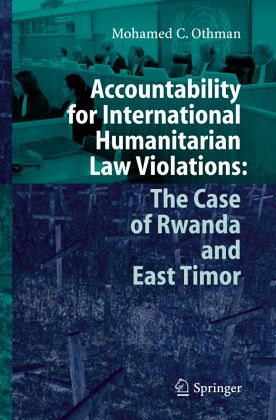
Accountability for International Humanitarian Law Violations: The Case of Rwanda and East Timor

PAYBACK Punkte
58 °P sammeln!
The main objective of this book is to make available to an informed audience a le gal and policy oriented study on accountability for serious human rights and inter national humanitarian law violations. It is an attempt to share the lessons learnt in accountability for atrocity crimes as conducted by the International Criminal Tri bunal for Rwanda (ICTR), and the United Nations Transitional Administration in East Timor (UNTAET). The former established subsequent to egregious atrocities that took place in 1994, and the latter following the massive outburst of violence in 1999. The book is based...
The main objective of this book is to make available to an informed audience a le gal and policy oriented study on accountability for serious human rights and inter national humanitarian law violations. It is an attempt to share the lessons learnt in accountability for atrocity crimes as conducted by the International Criminal Tri bunal for Rwanda (ICTR), and the United Nations Transitional Administration in East Timor (UNTAET). The former established subsequent to egregious atrocities that took place in 1994, and the latter following the massive outburst of violence in 1999. The book is based on two cases: Rwanda and East Timor. It is expected that it will serve as reference literature to both the legal community and policy makers on accountability for heinous international crimes. As the international community and States, following serious human rights and international humanitarian law violations have painfully come to terms with their obligations to bring to justice persons in high offices or leadership positions, de jure or de facto, alleged to have committed such crimes, it has also become im perative that beginners mistakes be avoided. When the International Criminal Tri bunal for the Former Yugoslavia (ICTY) was established in 1993, and the ICTR in 1994 and commenced their pioneering mandates there was no template on which the prosecution of individuals most responsible or with the greatest responsibility could be cast. Accountability had to be experimental.





